Urinary tract infection is much more common among women than in men, and this has a scientific explanation: this fact occurs because women have a much smaller urethral canal and, therefore, are more exposed to bacteria.
The most common symptoms are burning when urinating, feeling of urgency and a full bladder, dark coloured urine and, in the most severe cases, even blood. If you feel that any of these symptoms are beginning to appear, you can treat them naturally with different types of tea, preventing the situation from getting worse and requiring more intense treatment with antibiotics. Check out this selection of teas that work against urinary tract infections.
1) Parsley tea
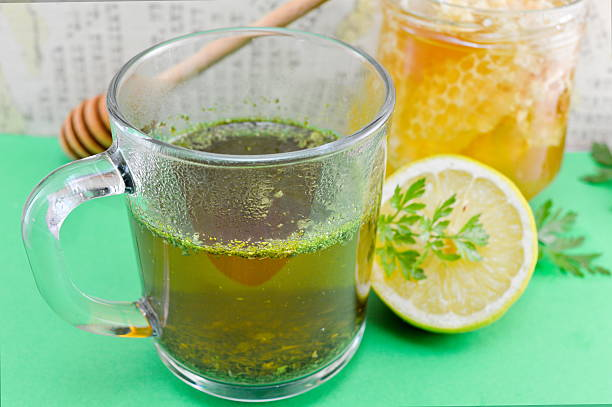
Ingredients
- 50 g of chopped fresh parsley (use the whole plant)
- 1 litre of water
Preparation
- Crush the parsley and mix with the water;
- Boil and then strain to take.
The ideal is to take every 3 hours, as it is very important to drink plenty of fluids at this time. Parsley is carminative, diuretic, tonic and laxative, acting on colic, inflammation of the kidneys and vesicles, in addition to having vitamins A, C and K, which are beneficial for the metabolism and proper functioning of the adrenal and thyroid glands.
2) Avocado tea
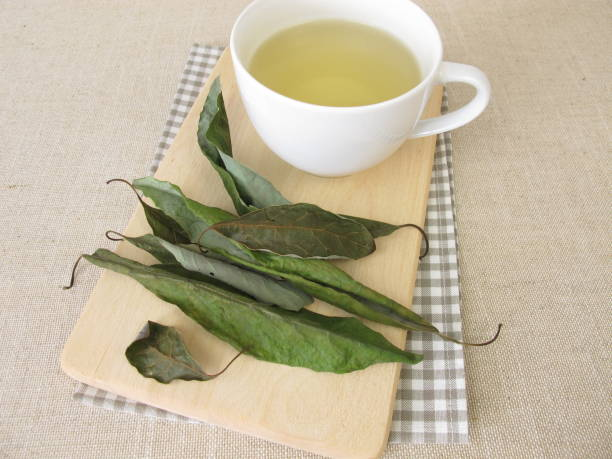
Ingredients
- 10 avocado leaves
- 1 litre of water
Preparation mode
- Mix the two and bring to the fire;
- Boil for about 3 minutes;
- Let stand for 10 minutes and strain to drink.
Avocado leaves have anti-inflammatory, healing and bactericidal properties that relieve symptoms and at the same time fight microorganisms.
3) Chanca piedra tea
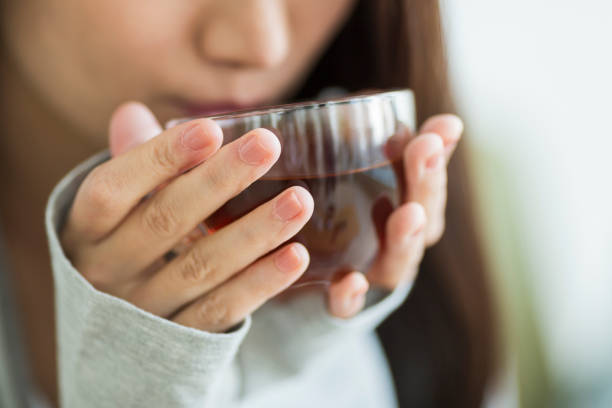
Ingredients
- 30 g fresh leaves or 10 g dry leaves
- 1 litre of water
Preparation mode
- Boil water and infuse the leaves;
- Wait for it to cool and drink it during the day, as if it were water.
This tea is famous for helping in the treatment of kidney stones. It has a great effect on the urinary tract. Its diuretic, hypotensive and hypoglycemic effects effectively combat urinary tract infection.
4) Dandelion tea
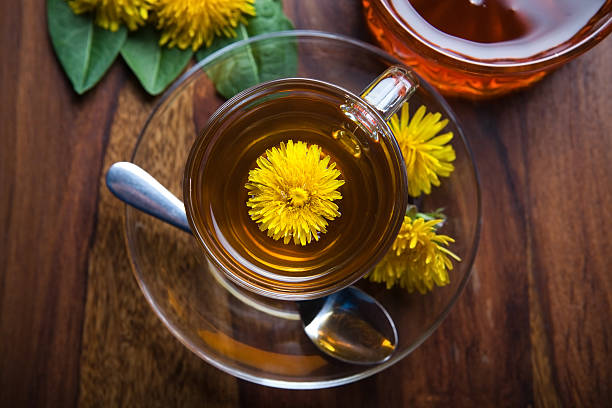
Ingredients
- 15 g of dandelion leaves and roots
- 250 ml of boiling water
Preparation mode
- Place the boiling water on the leaves and roots and let it stand for 5 to 10 minutes;
- Strain and drink 2-3 times a day.
This tea has a diuretic effect, which helps to eliminate urine more quickly before the bacteria reproduce.
5) Horsetail tea
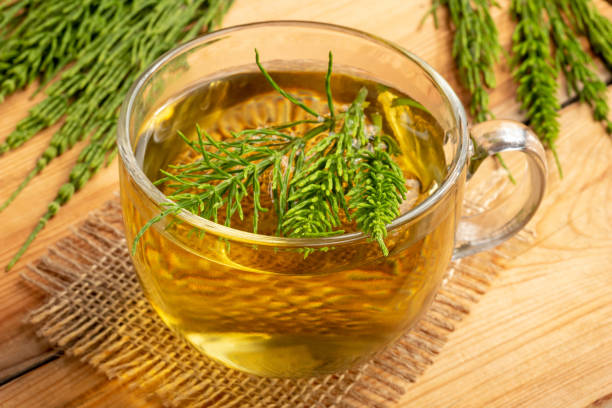
Ingredients
- 100 g of horsetail leaves
- 1 litre of boiling water
Preparation mode
- Mix the water with the leaves and let it sit for 10 minutes;
- Strain and drink 4 to 6 times a day.
The diuretic properties of horsetail help to eliminate the bacteria causing the infection.
6) Aroma tea
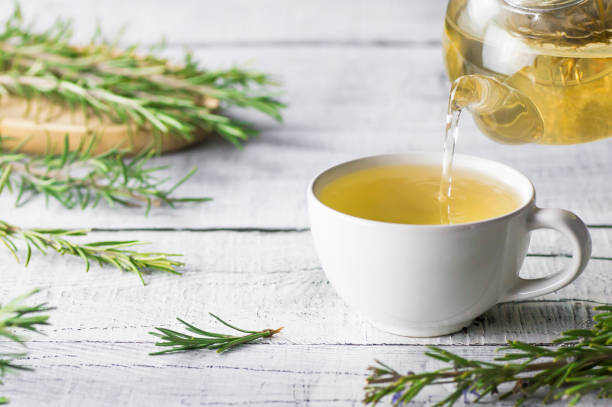
Ingredients
- 20 g of mastic peel
- 1 litre of water
Preparation mode
- Place the shells in the water and bring to a boil;
- Strain and drink 3 to 4 times a day.
The aroeira is, in addition to diuretic, bactericidal.
7) Lavender tea
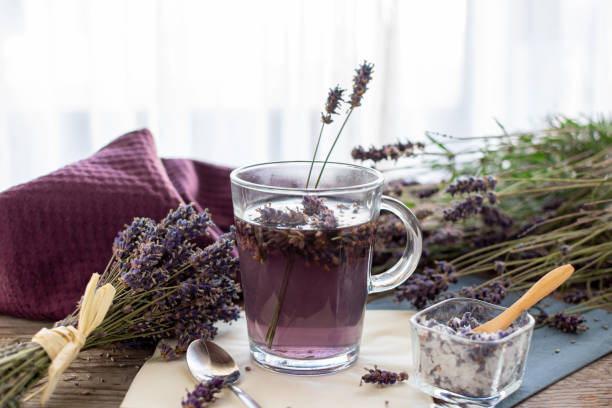
Ingredients
- 2 teaspoons of dry lavender leaves
- 1 litre of water
Preparation mode
- Boil water and then place on the leaves;
- Cover the container for 10 minutes and wait to cool;
- Drink warm up to 4 times a day.
Lavender fights various inflammations, including in the urinary tract.
8) Corn silk tea
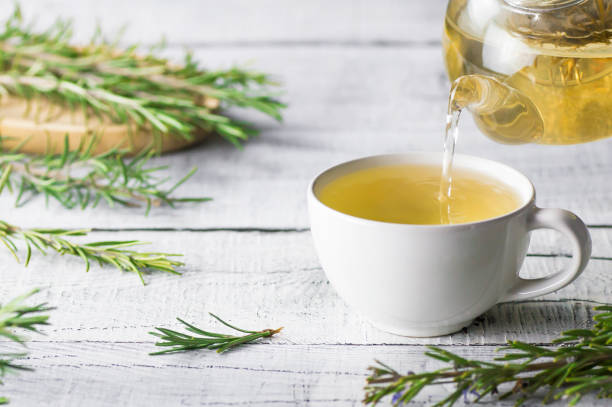
Ingredients
- 2 tablespoons of dry or fresh silk
- 500 ml of water
Preparation mode
- Boil the water and then place it on the corn silk;
- Cover the container for 10 minutes and allow to cool.
This tea acts directly in the retention of liquids, promoting the cleaning of the organism.
9) Mint tea
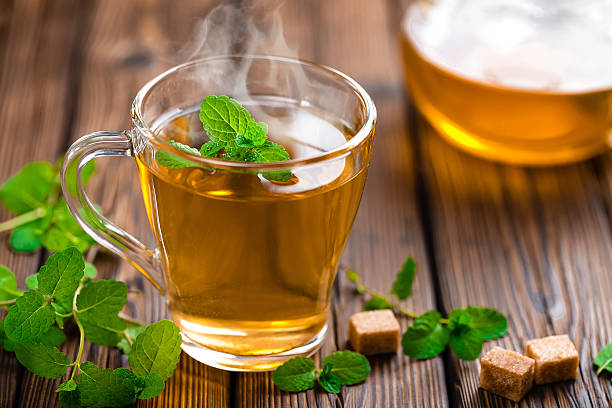
Ingredients
- 10 mint leaves
- 1 cup of water
Preparation mode
- Boil the water and then put it over the mint;
- Cover the container for 10 minutes and wait to cool;
- Strain and drink 4 cups a day.
Mint tea has an analgesic and antiseptic effect, so it helps to relieve symptoms and discomfort.
10) Gorse tea
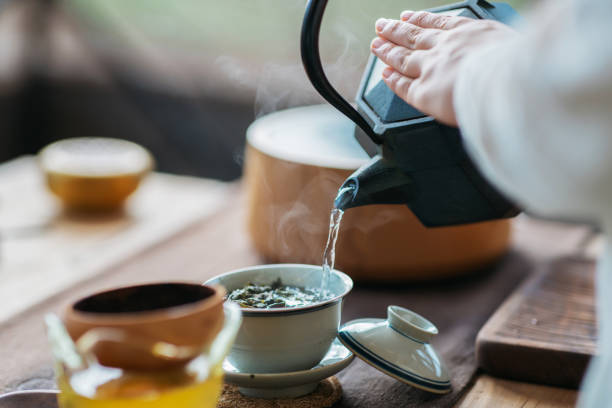
Ingredients
- 2 tablespoons of gorse leaves
- 500 ml of water
Preparation mode
- Boil water and then place on the gorse leaves;
- Strain and drink while still warm.
Gorse tea has antioxidant action and helps to clear the urinary tract.
In addition to teas, it is very important to drink at least 2 litres of water a day. If symptoms persist, be sure to see a doctor.